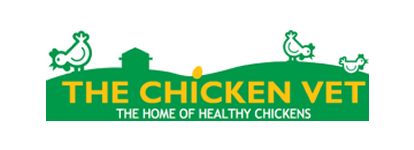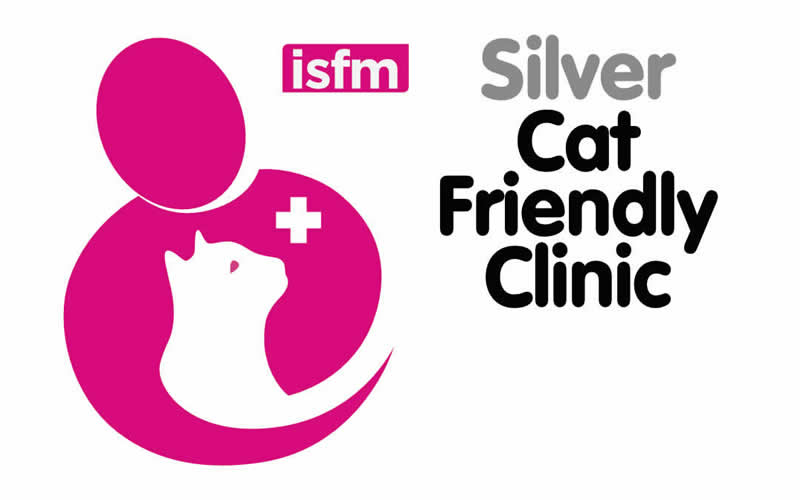Caring For Your Elderly Pet
The Twilight Years
Mobility
Many pets will suffer from arthritis later in life and this combined with a reduction in their muscle mass makes them weaker. This can often lead to them being less steady on their feet and easily losing balance. Pain management is essential and can really improve wellbeing and demeanour. Signs may be subtle such as being slow on walks or lying down more.
Slippery floors create a real problem particularly for dogs so providing a traction path using bath mats or yoga mats can improve their confidence when moving about your home.
Limiting access to stairs is often advisable as they can be dangerous. Provide a step or a ramp so elderly pets can still reach their favourite spot on the sofa or favourite shelf in the airing cupboard.
Exercise remains very important because it helps to maintain strength and flexibility and is vital stimulation for the mind in our ageing pets. Encourage elderly dogs and cats to play.
Mind
Cognitive disorders are common in our ageing pets. Dogs will often pace or pant, and cats wander around the house howling. This behaviour is frequently worse at night.
A loss of eyesight or hearing can exacerbate dementia. Providing a nightlight can help pets navigate at night. Also, keep the environment familiar and avoid moving furniture around.
Good rest is essential. Providing a warm comfy bed with a heat pad or mat to help achy joints. Orthopaedic beds are a good investment for larger breeds of dogs.
Often more toilet trips are required for the elderly. Some patients may experience incontinence; this can often be treated medically. Providing a litter tray for your elderly cat is beneficial even if they still have access to the garden.
Dietary Requirement – Senior patients have specific nutritional needs which will vary between individuals. We will happily give dietary advice at the surgery.
Dental Disease – senior pets often have dental disease. Once identified this can usually be easily treated and can make a big difference to a pet’s quality of life.
Nails – elderly patients require more frequent nails clipping as their activity tends to be lower. Cats will often get nails that grow into their pads if left unchecked. We will happily do this for you at the surgery.
Check ups – Senior pets should have a thorough examination at the vets every 6 months. We recommend a blood and urine test at these appointments as a good health screen.











